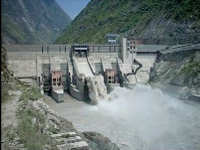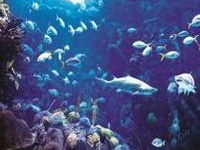Order of the Gauhati High Court regarding the use of formaldehyd for keeping fish in marketable condition for long duration, Assam, 19/04/2024
<p>Order of the Gauhati High Court in the matter of Hasibur Rahman Vs State of Assam & Others dated 19/04/2024.</p> <p>The state of Assam vide Notification, January 20, 2024 has published a Standard




